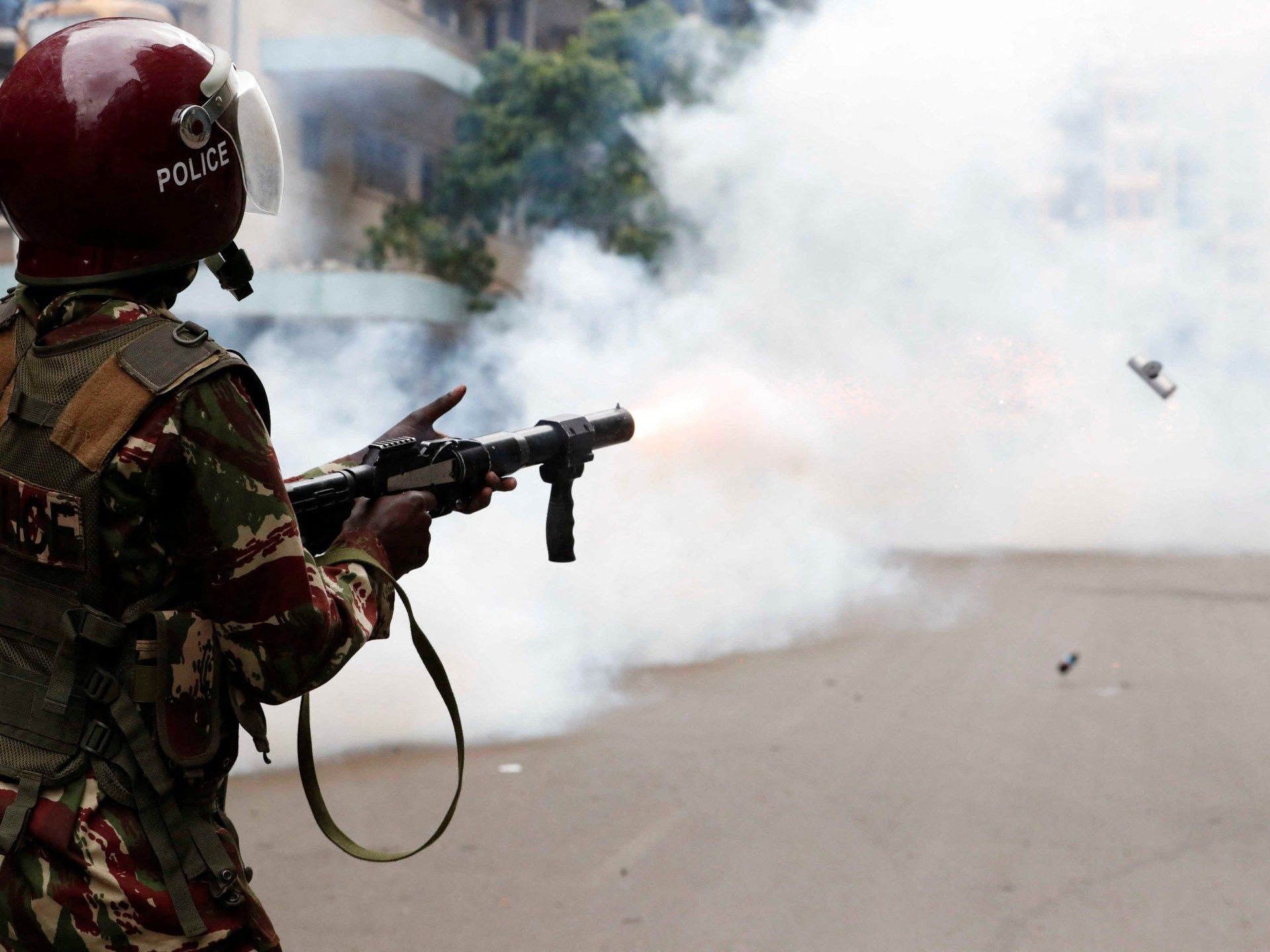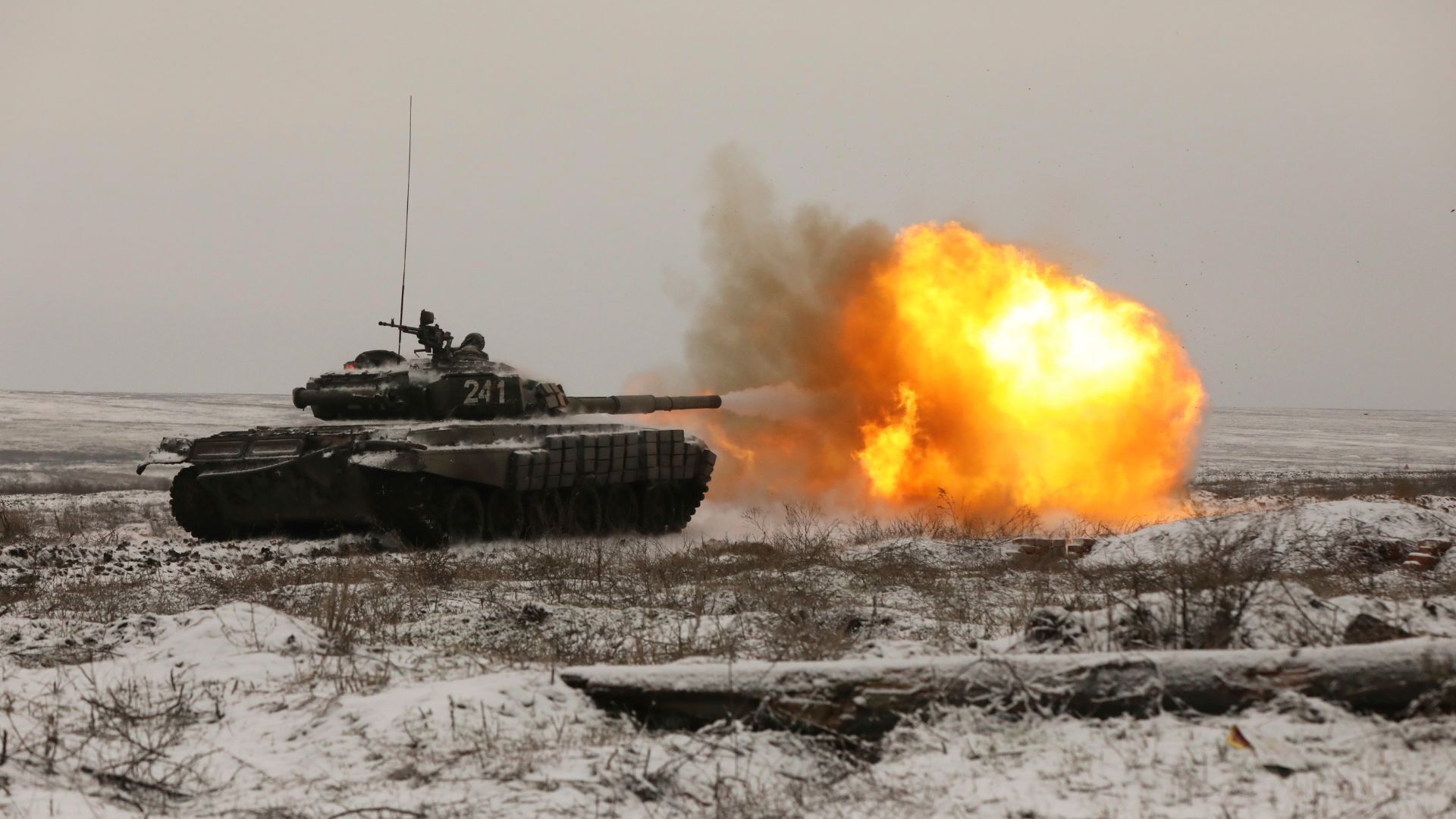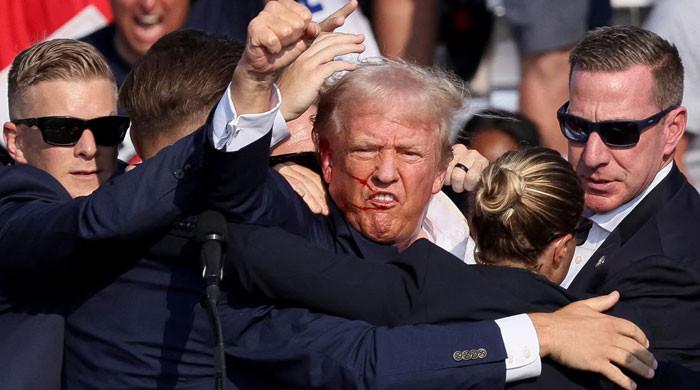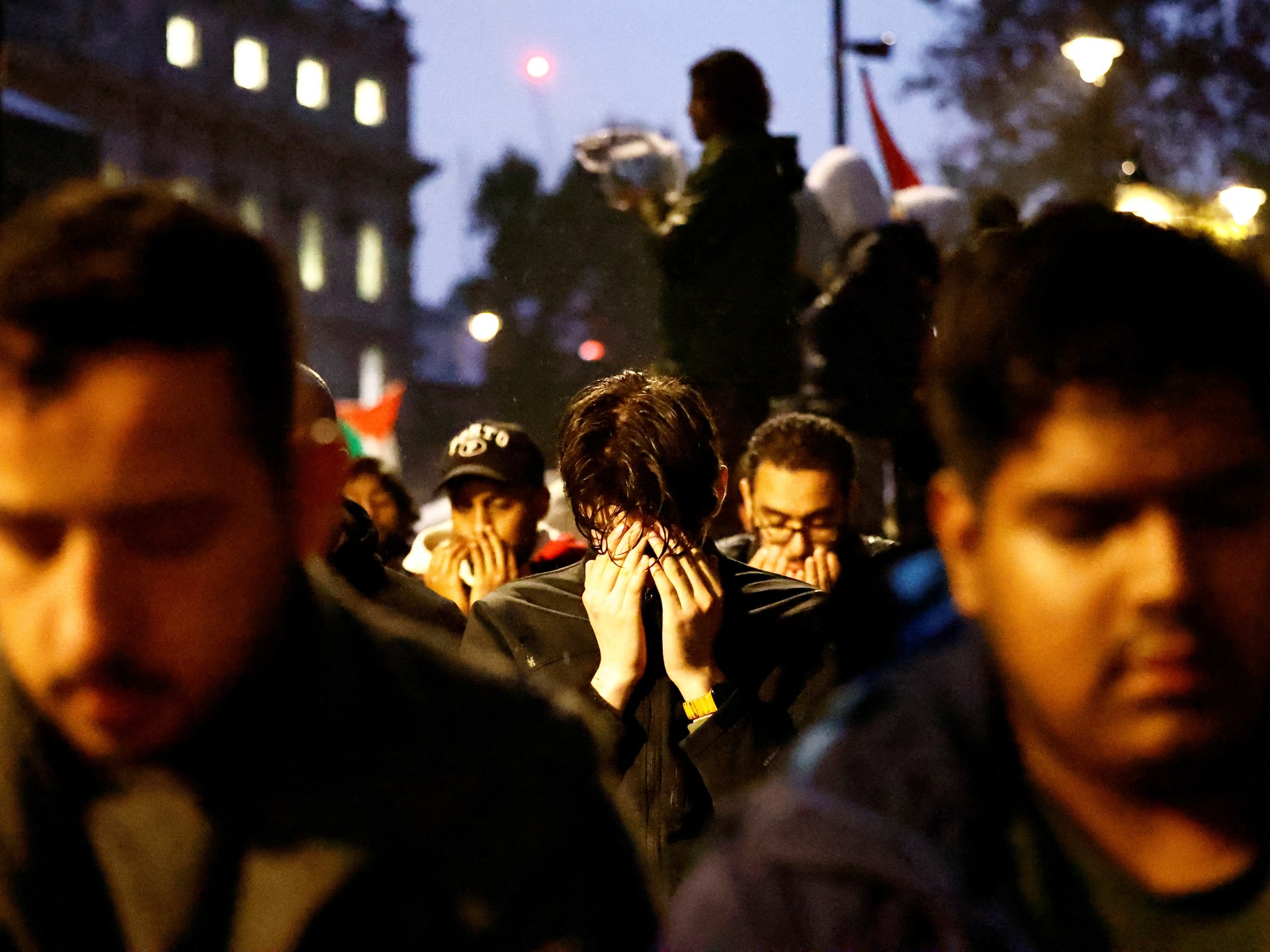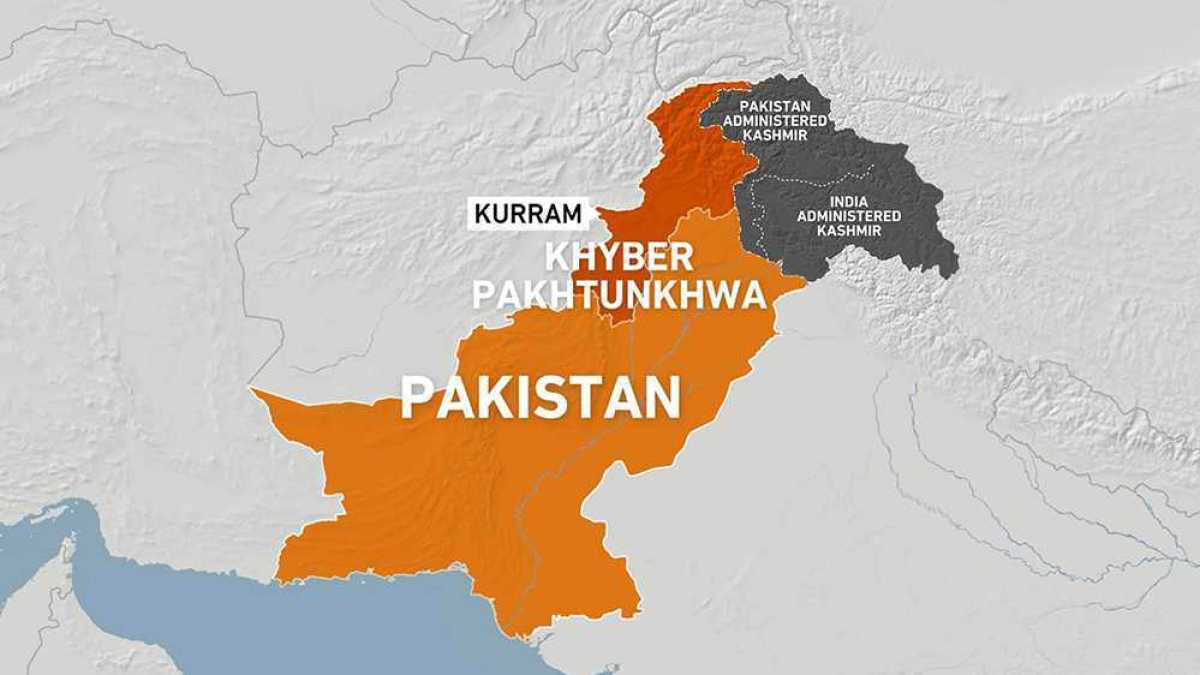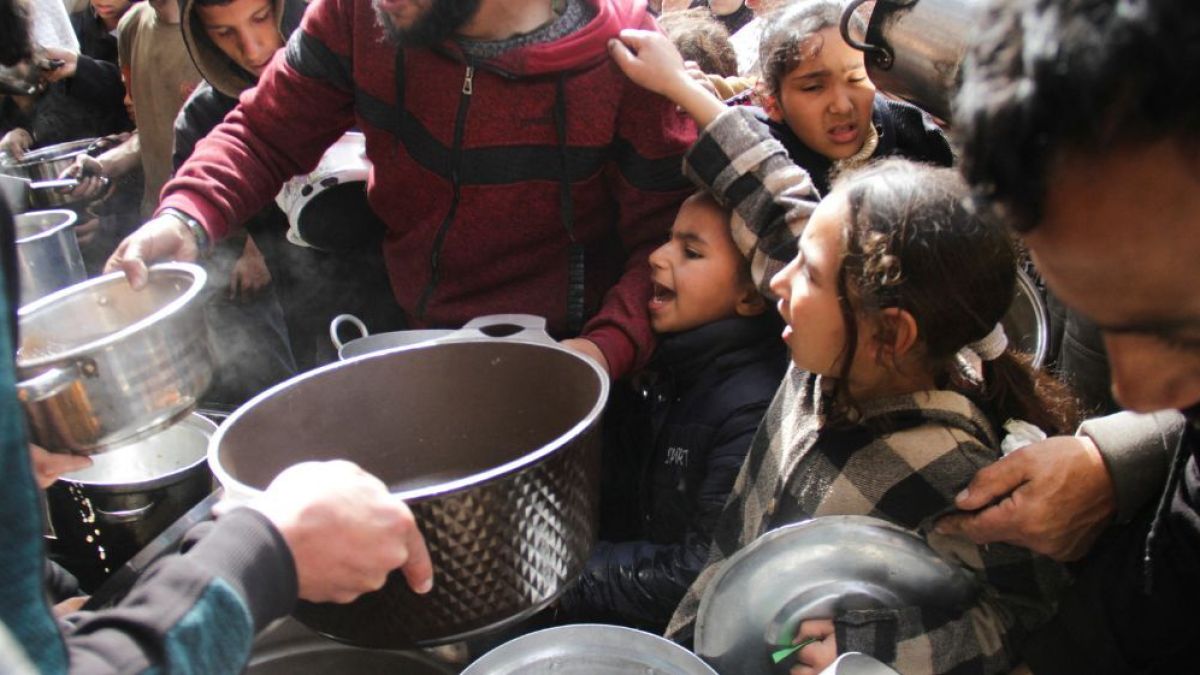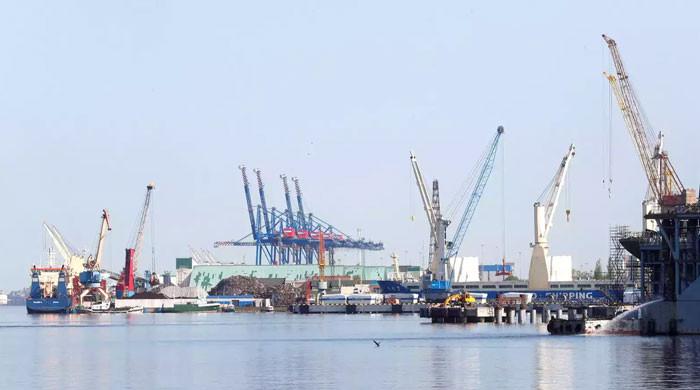The “Nane Nane” march, meaning “eight eight” in reference to the date, follows weeks of protests that saw President William Ruto scrap planned tax increases and reshuffle his cabinet.
Kenyan police fired rounds of tear gas in the heart of the capital Nairobi as small groups of people gathered to renew protests against embattled President William Ruto.
The “Nane Nane” march, meaning “eight eight” in reference to the date August 8, took place on Thursday after weeks of similar pro-reform protests that saw Ruto scrap planned tax increases and reshuffle his cabinet.
Riot police patrolled the streets of the central business district and barricades were set up on major thoroughfares. Many shops were closed.
The East African nation, one of the most stable in the region, has been rocked by weeks of sometimes deadly protests against Ruto's two-year administration, led mainly by young Kenyans from Generation Z.
In what has been the biggest crisis of his two years in office, Ruto bowed to pressure and shelved the new taxes in June after some protesters briefly stormed parliament.
He also fired his entire cabinet except the foreign minister last month, a victory for activists and protesters who had demanded radical changes.
On Thursday, as Ruto oversaw the swearing-in of a revamped cabinet a few kilometres away, police fired tear gas in the capital and arrested several people.
But otherwise the streets seemed largely quiet, with a few people going about their usual business.
Television images from the Indian Ocean city of Mombasa showed traffic flowing normally and no signs of trouble, and the western lakeside town of Kisumu was also reported to be calm.
Stephens Wanjiku, a 29-year-old fashion stylist, said he had taken to the streets since protests began in mid-June to demand “good governance and accountability.”
“I have been beaten,” Wanjiku, wearing a bright blue robe, ski goggles and several masks, told AFP news agency in Nairobi, saying police brutality should be “a thing of the past, we should not see it in 2024.”
Kenya's acting inspector general of police, Gilbert Masengeli, warned on Wednesday that “criminals” were intent on infiltrating the protests and advised people to stay away from protected areas, such as the main international airport and Ruto's official residence, and to take precautions in crowded areas.
What began as peaceful youth-led protests against controversial tax hike proposals has turned into a broader action against Ruto and what many see as wasteful government spending and corruption.
More than 50 people have been killed since the protests began and police have been accused of using excessive force, sometimes firing live bullets, while dozens have gone missing, according to rights groups.

